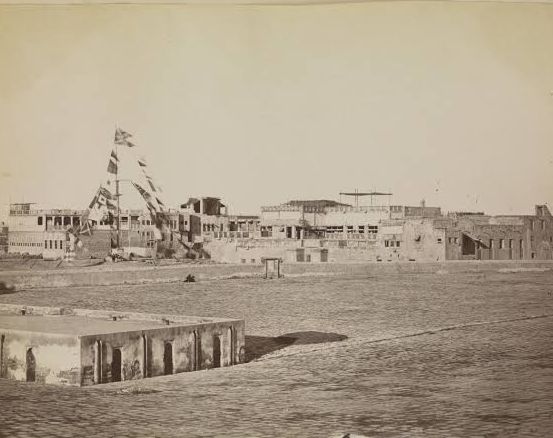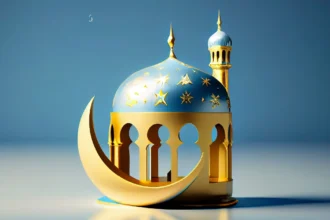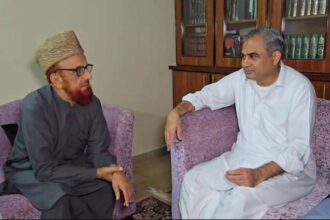News Report:
By: Niaz Farooqi, BBC News, Delhi
Date: June 8, 2025
As the annual Hajj pilgrimage nears its end, a historical corner of Makkah has sparked a heated controversy thousands of miles away in India—not for spiritual reasons, but due to a decades-old inheritance dispute.
At the heart of the issue lies the “Keyi Rubath” guest house. Built in the 1870s by Mayankutty Keyi, a wealthy Indian merchant from Kerala’s Malabar region, the guest house once served pilgrims visiting Islam’s holiest city. Keyi’s vast trade empire stretched from Mumbai to Paris, and the guest house was situated near the Grand Mosque in Makkah.
However, in 1971, as part of Makkah’s urban expansion project, the building was demolished. The Saudi authorities deposited compensation of 1.4 million riyals (approximately $373,000 at the time) into the state treasury. No heir received the payment, as officials stated that no rightful successor had been identified at that time.
Now, decades later, that compensation amount—still held in the Saudi treasury—has ignited a bitter feud within the Keyi family. Multiple claimants are vying to prove their lineage to the original builder in hopes of securing the inheritance, turning this legacy into a complex legal and familial struggle.














